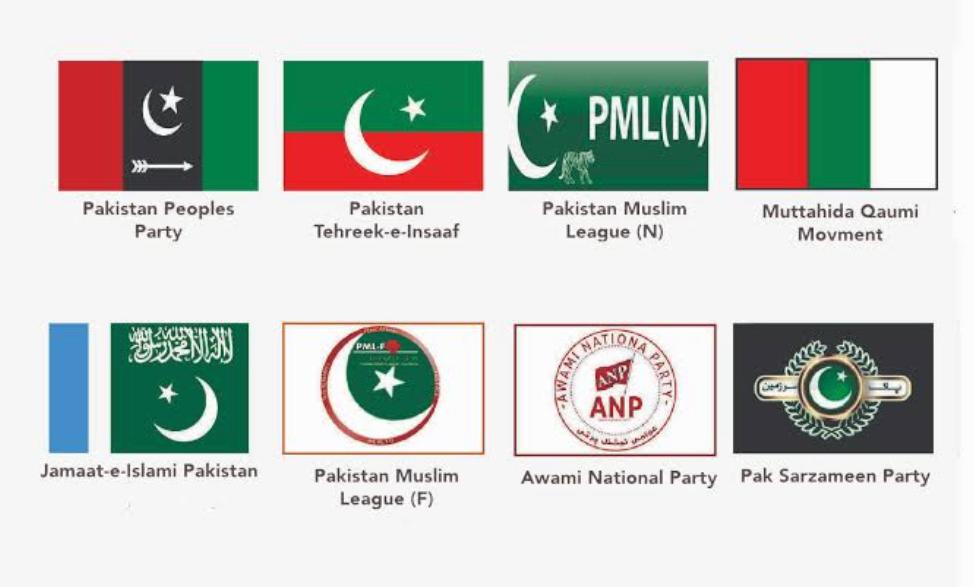For more than half of its 75-year history, Pakistan has experienced multiple military-backed regimes, with democratically-elected governments struggling to complete their full terms. The country, with a population of over 220 million, has been facing an unprecedented political crisis since March of last year. Last week, the arrest of Imran Khan, Chairman of the Pakistan Tehreek-e-Insaf (PTI) party, by paramilitary forces at the direction of the National Accountability Bureau (NAB) further intensified the turmoil, leading to countrywide protests.
Protesters clashed with security agencies and riot police in various cities across Pakistan. The unrest included attacks on military establishments, such as the army’s headquarters in Rawalpindi, where masked protesters armed with sticks stormed the premises. These incidents prompted leaders of the Pakistan Democratic Movement (PDM), an alliance of 13 political parties, to demand action against the PTI.
In the aftermath of the violence following Khan’s arrest, rumors circulated that the government was considering banning the PTI, which held power from August 2018 to April 2022. However, the ruling alliance appears divided on the issue of whether or not to ban the party led by Khan.
Pakistan has a long history of proscribing political parties that are perceived as a threat to the state. Since 1954, five political parties have been banned in the country.
The Communist Party of Pakistan was the first to face a ban in July 1954. The party was accused of attempting to overthrow the government of then-prime minister Liaquat Ali Khan in 1951. Major-General Akbar Khan, supported by the Soviet Union, led the failed plot known as the Rawalpindi conspiracy case. The party’s general secretary, Syed Sajjad Zaheer, along with military officers and poet Faiz Ahmed Faiz, was arrested, tried, and imprisoned.
In 1971, President Yahya Khan banned Sheikh Mujeebur Rehman’s Awami League, citing the party’s non-cooperation movement as an act of treason. The ban came after weeks of defiance, turmoil, and violence, with the party accused of running a parallel government and insulting the nation’s flag and its founder.
The National Awami Party (NAP), formed after a split in 1967, faced two bans. The first ban occurred in 1971 under Yahya Khan’s government, while the second ban was imposed in 1975 by Zulfiqar Ali Bhutto’s government. The NAP later reemerged as the Awami National Party.
In May 2020, the Jeay Sindh Qaumi Mahaz-Arisar (JSQM-A), a party based in Sindh, was banned along with two alleged militant groups—the Sindhudesh Liberation Army and the Sindhudesh Revolutionary Army. The ban was justified by the Ministry of Interior on the grounds of their involvement in terrorism. The JSQM-A was known for its criticism of China’s Belt and Road Initiative.
In April 2021, Tehreek-e-Labbaik Pakistan (TLP) was banned by the Government of Punjab following violent protests that resulted in the deaths of several policemen. Although the ban was lifted in November of the same year, the TLP had participated in elections despite the prohibition.
As Pakistan grapples with its ongoing political crisis, the potential ban on the PTI adds to the country’s history of proscribing political parties. The decision regarding the PTI’s fate remains uncertain, but it highlights the complex and often tumultuous nature of Pakistani politics.


